Online marketing has become vital for business growth in the digital age. Businesses need smart strategies to reach their target audiences, build brand awareness, and drive conversions in an increasingly competitive landscape. Modern digital tactics allow for precise audience targeting and creative content delivery across multiple platforms.
Digital advertising fundamentals
The foundation of effective online marketing lies in understanding digital advertising basics. Today's marketers must navigate various channels while tracking performance metrics to optimize their campaigns. Success requires a blend of creativity, analytics, and strategic planning aligned with business objectives.
Precision targeting methods
Modern digital platforms offer sophisticated targeting capabilities that traditional advertising lacks. Marketers can now segment audiences based on demographics, interests, behaviors, and purchase history. Account-based marketing (ABM) takes this further by focusing on high-value accounts with tailored messaging. Many businesses engage Passport Marketing consultants to develop data-driven targeting strategies that identify and reach ideal customers at the right moment in their journey, maximizing marketing ROI through reduced waste and higher conversion rates.
Crafting compelling ad copy
The most precisely targeted ad fails without engaging content. Effective ad copy must quickly capture attention and drive action in limited space. This requires understanding buyer personas deeply and addressing their specific pain points. Digital marketing strategy guides creating content that resonates with audiences while maintaining brand voice across paid media, social media marketing, and email campaigns. Visual elements enhance written content, with video marketing gaining prominence on platforms like TikTok and Instagram Reels where brands tell stories in seconds.
Social media marketing tactics
Social media marketing stands at the forefront of digital marketing strategies today. As brands seek meaningful connections with their audiences, strategic approaches to social platforms have become essential for marketing success. A well-executed social media strategy goes beyond mere posting—it involves understanding platform dynamics, audience behaviors, and content effectiveness.
Digital marketers now recognize social media as a powerful channel within their owned media framework, allowing direct communication with potential customers. Recent trends show increased investment across platforms like Instagram, YouTube, and TikTok, with nearly 29% of marketers boosting their TikTok presence in 2025.
Building engaged communities
Creating vibrant communities forms the backbone of effective social media marketing. Successful brands focus on value-driven content that resonates with their buyer personas rather than pushing sales messages. This approach turns followers into active community members who engage regularly with brand content.
Community building requires consistent interaction, authentic communication, and content that aligns with marketing goals while meeting audience needs. Brands using detailed buyer personas see stronger engagement rates, as their content speaks directly to specific audience segments. The rise of niche-influencer marketing further demonstrates the power of targeted community building, with the global influencer marketing market quadrupling since 2019.
Leveraging platform-specific features
Each social platform offers unique tools and features that savvy marketers can utilize to maximize impact. From Instagram Reels to TikTok's creative effects, understanding and implementing platform-specific capabilities gives brands competitive advantages in crowded digital spaces.
Video marketing continues gaining prominence across platforms, with short-form video driving significant engagement. Brands like Nike demonstrate innovative platform utilization through initiatives such as Nikeland on Roblox, which attracts over 216 million monthly active users. Visual storytelling has become central to social media success, with platforms continuously evolving their features to support richer content experiences. Marketing ROI improves when brands master platform-specific content formats rather than using generic approaches across all channels.
